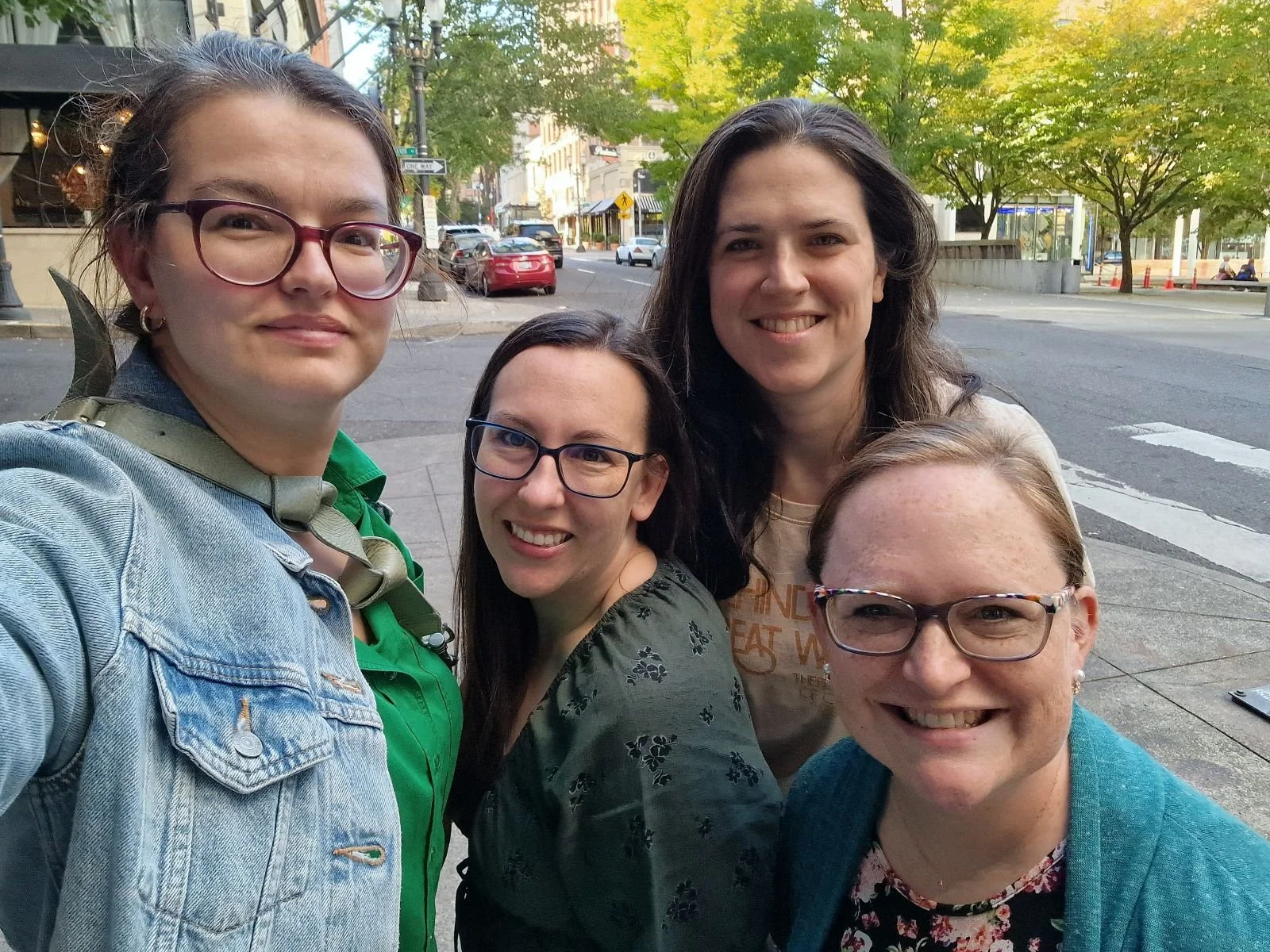February 5, 2026 marks the 10 year anniversary of the Learning Scientists Blog. In late January, 2016, Jude Weinstein (who went by Yana at that time) and I started what we thought would be a fun little project to try to help students learn more. We started …
All in Learning Scientists Posts
Choice and Mental Effort
Thinking is hard. In general, we don’t like to put forth mental effort when we can avoid it. Further, when we do exert mental effort, we tend to not like it. And yet… there are times when we actually enjoy doing the hard work of thinking through something. There are times when we may even feel we’ve entered into a flow state, where difficult tasks feel relatively effortless (1). How we feel about completing a task appears to be about more than just effort.
A Practical Guide to Exam Taking Strategies
Taking exams is often associated with discomfort and anxiety in students. Students will feel nervous as these are high-stake performance situations. Exams require students to commit information to memory and to obtain an in-depth understanding of taught concepts...
Thank You To Our 2025 Community!
Today is (American) Thanksgiving so we wanted to take the opportunity to thank our community! We are so grateful for the continued support, encouragement, and contributions of our community…
The Box Metaphor for Working Memory
How many boxes can you hold? It is clearly a trick question. The answer, like so many things in our complex world of education is, of course, it depends. It depends on several factors that match up quite nicely with the same questions of what we can hold in working memory.
A Framework for Training Students to Better Use Evidence-Based Learning Strategies
If you read our blog, even sporadically, you are almost certainly aware that investigations into evidence-based learning strategies have been ongoing for quite some time. In fact, as we near the end of 2025, I’m realizing that Ebbinghaus’ work on spaced practice …






